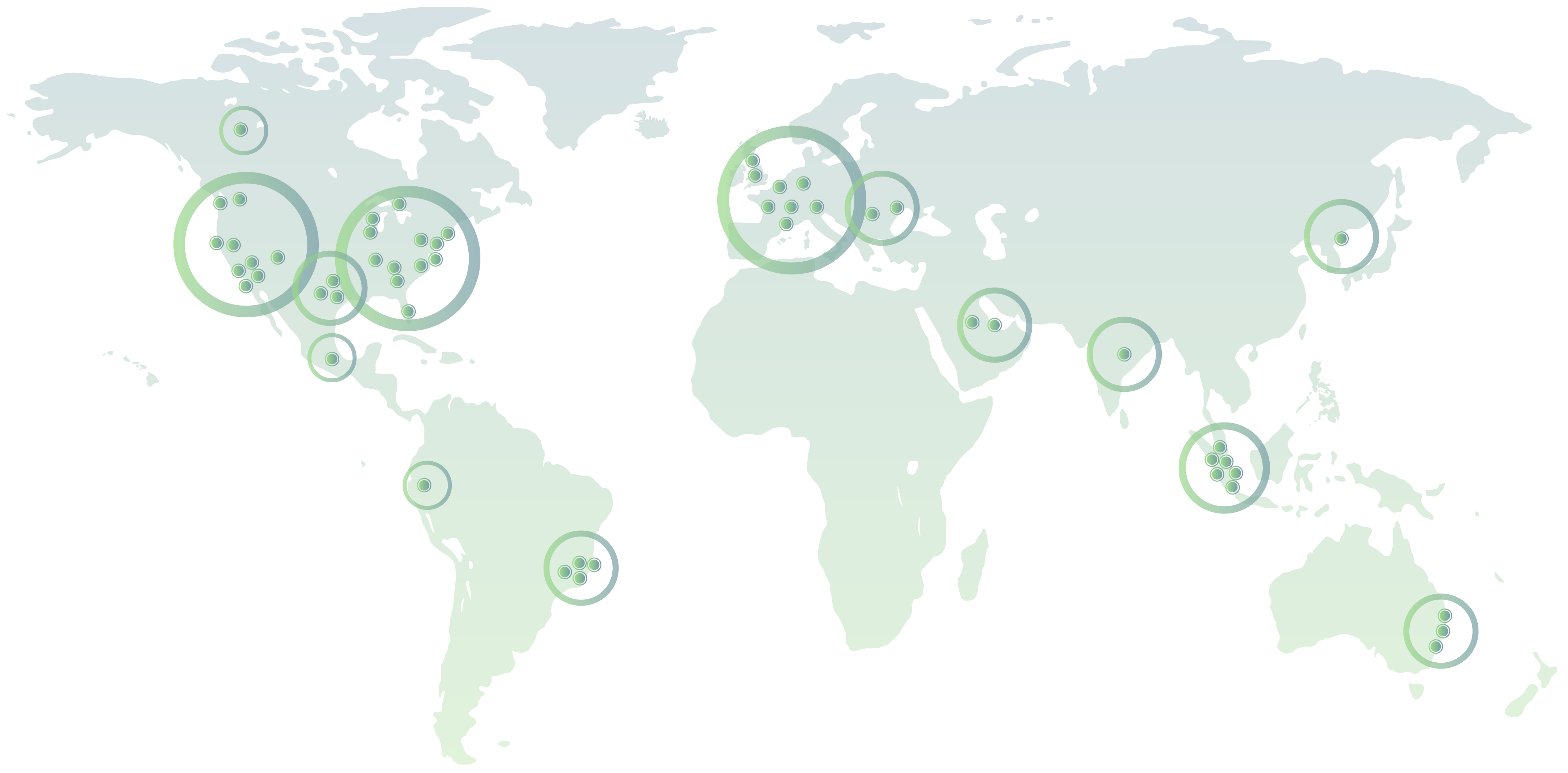
If you want empowered people, stop making all the decisions
You Can’t Preach Empowerment and Hoard Decisions

If your people can’t lead, they’re not empowered—they’re just executing your agenda.
Every leadership team says it:
“We want a culture of ownership.”
“We need people to step up.”
“We’re building an empowered workforce.”
But then decision-making stays locked in the C-suite.
Context gets rationed.
Strategic calls are top-down.
And you wonder why your people won’t lead?
Because empowerment isn’t a statement. It’s a system.
And if that system keeps all the power at the top, you haven’t built ownership.
You’ve built dependence.
[[divider]]
The front-line illusion
You can’t empower people with posters and permission.
If they:
- Aren’t part of decisions
- Don’t know the strategy
- Can’t challenge priorities
…then you haven’t empowered them.
You’ve just made them responsible without authority.
And that’s not ownership.
That’s performative delegation.
[[divider]]
Decision-making is the culture test
Here’s the question that will reveal everything about your culture:
Who gets to decide?
If your answer excludes most of your team, then you don’t have a culture of trust.
You have a culture of control.
Your decision-making architecture is your culture, in action.
At ZRG, we help organizations codify that system through Target Culture Mapping—so decisions aren’t made by rank, but by relevance.
[[divider]]
Why leaders struggle to let go
It’s not because they’re control freaks.
It’s because the system teaches them that:
- Visibility = value
- Accountability = ownership of every outcome
- Delegation = risk
So they hold on.
Not out of ego—but out of fear.
And that fear builds bottlenecks.
It creates passive teams.
And it silently kills initiative.
Empowerment doesn’t start with your people. It starts with your leaders redefining power.
[[divider]]
From hero to host: the new leadership identity
Empowered organizations don’t happen by accident.
They’re architected around a different kind of leadership.
A leadership model that moves from:
We support this shift through Leadership Acceleration and Culture Transformation programs designed to help leaders let go without losing impact.
[[divider]]
How to build an empowered system without losing control
Let’s be clear—this isn’t about chaos.
It’s about clarity.
Here’s how to make empowerment real:
1. Push Context Down
If your people don’t understand the ‘why,’ they can’t make the right calls.
Make strategy transparent. Invite challenge.
Show them how their work drives outcomes.
2. Codify Decision Rights
Use frameworks like RACI or RAPID.
Be explicit:
Who decides? Who contributes? Who informs?
Don’t make people guess—or default to silence.
3. Rewire Feedback Loops
Create systems where decisions are reviewed, not reversed.
Coach the process, not the outcome.
Let learning lead, not fear of failure.
4. Reward Ownership, Not Just Outcomes
Recognize courage, not just correctness.
Reward people who make bold, informed decisions—even when the result is messy.
Our Culture Contribution approach embeds this into how success is defined, measured, and rewarded.
[[divider]]
Empowerment isn’t a sentiment. It’s a system
You can’t scale ownership on slogans.
You need architecture:
- Information flows that reach every level
- Decision rights mapped to role and relevance
- Leaders who enable, not override
- Teams trusted to act—not just execute
This isn’t culture fluff.
It’s operational design.
[[divider]]
Final Challenge: Map the Decisions
Spend one week tracking decisions across your teams.
Ask:
- Who made them?
- Who had input?
- How fast did they happen?
- What were the consequences?
Then ask yourself:
“Does this reflect the culture we claim to have?”
Because if you want empowered people,
stop managing every decision like it’s yours to make.
Meet the Author


